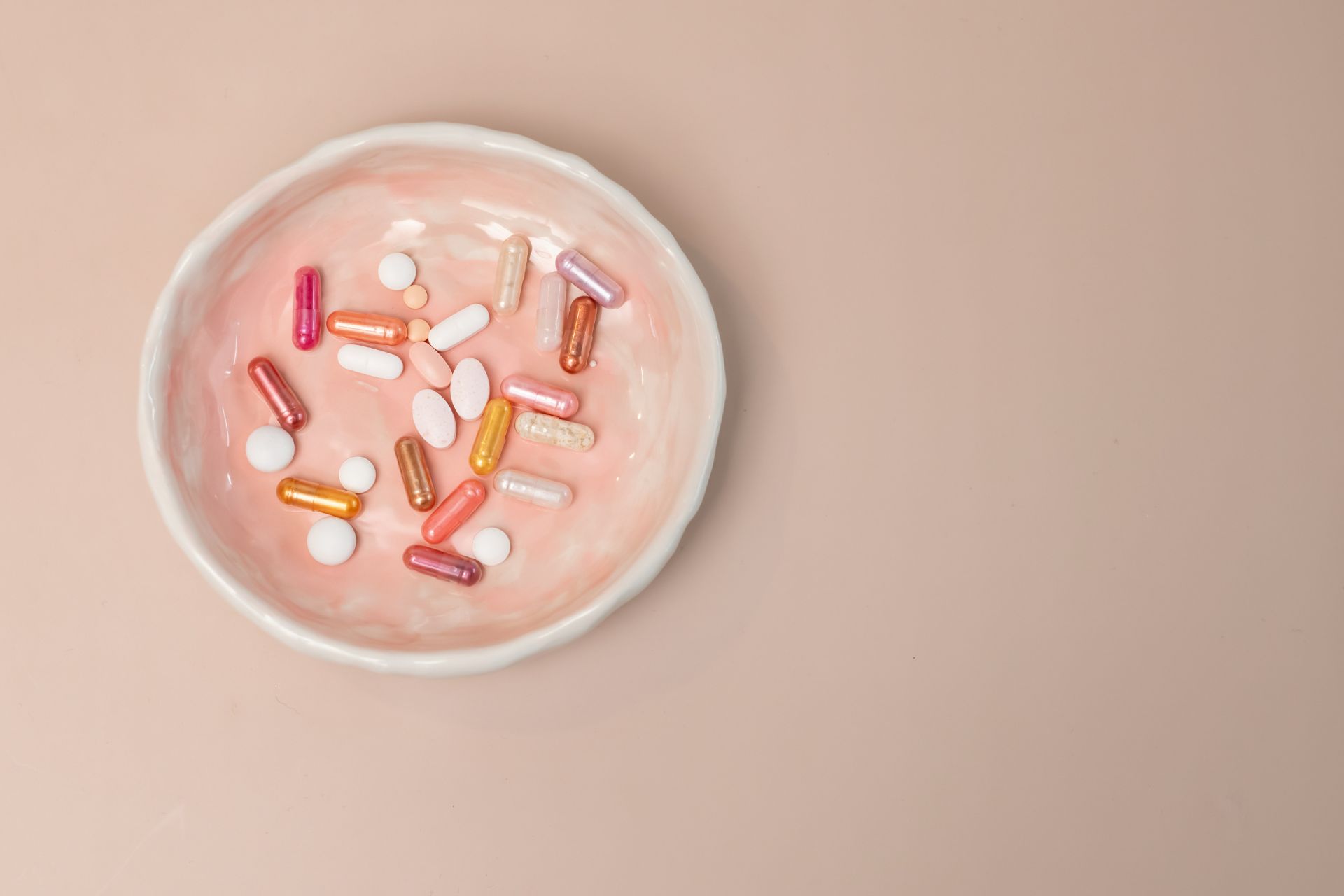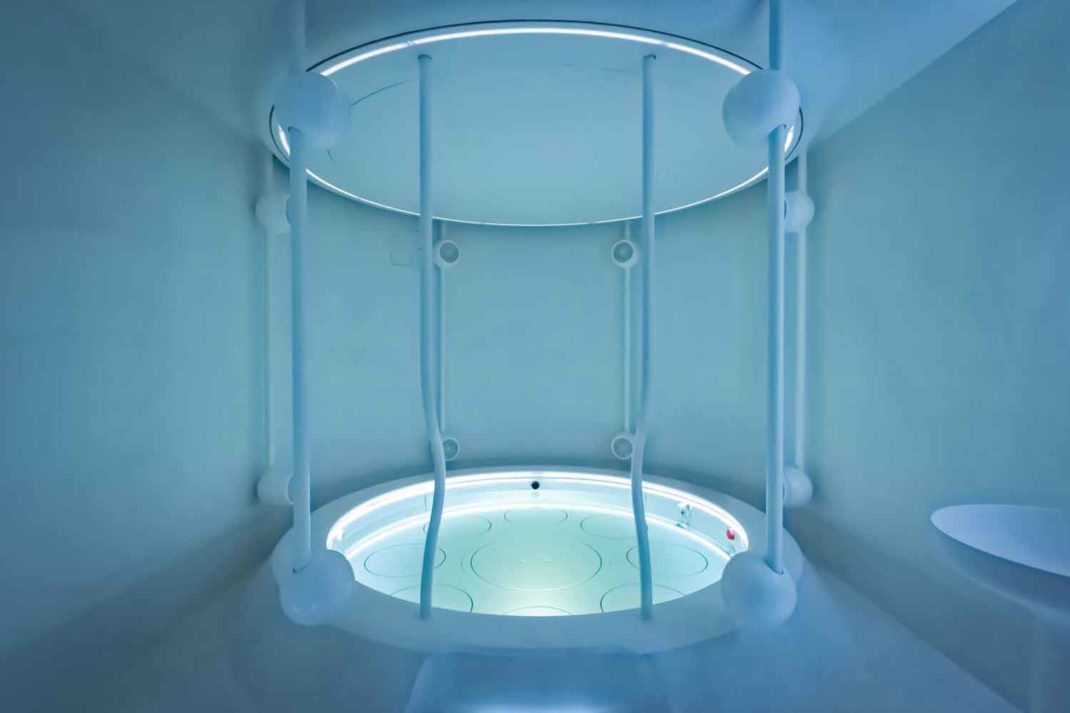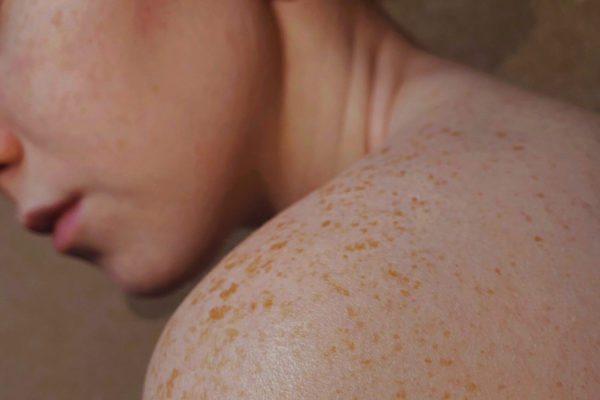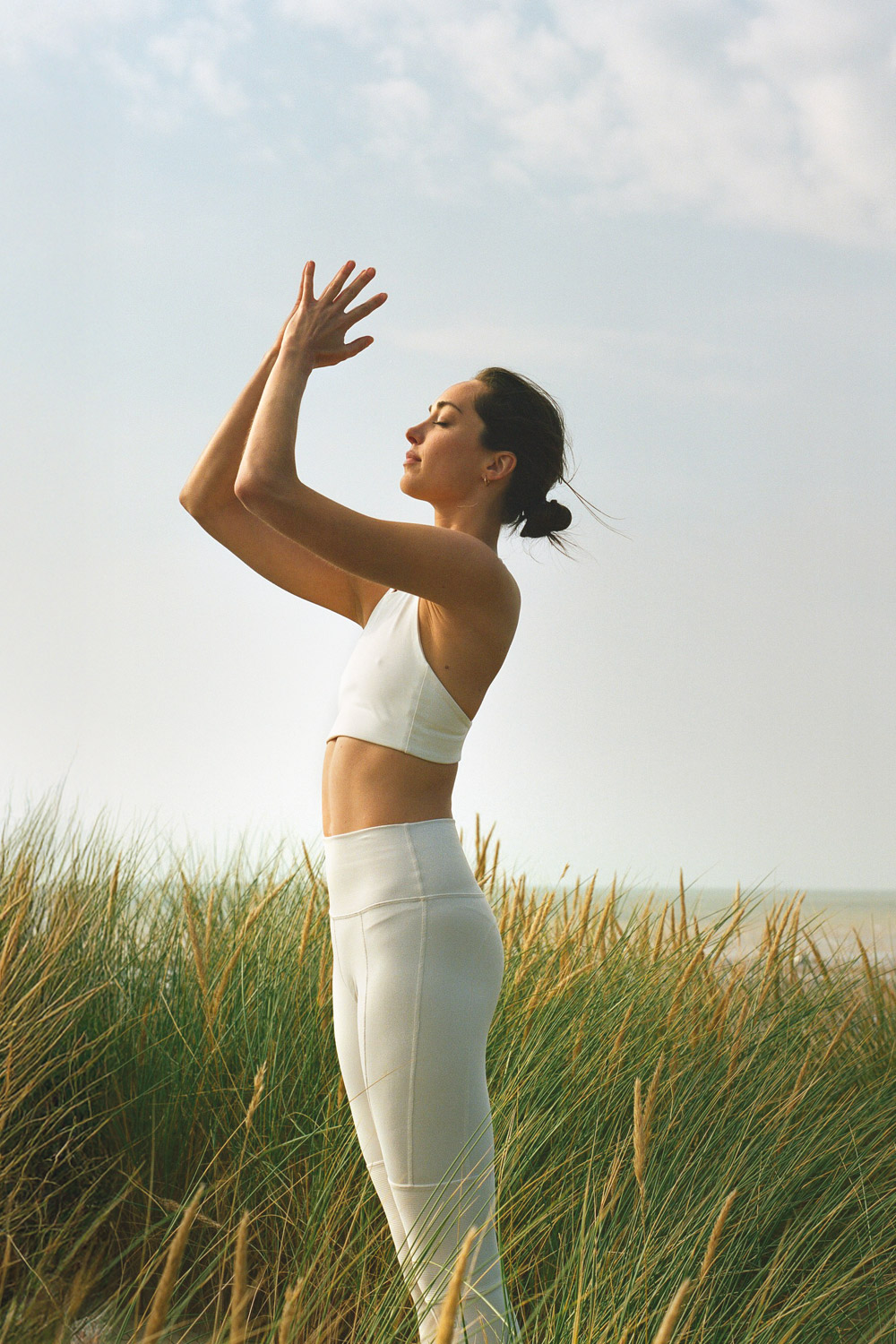
How Can Lifestyle Changes Slow Skin Ageing?
By
5 months ago
From restorative sleep to an antioxidant-rich diet, these hacks will keep your skin youthful
When it comes to skin ageing, products are just one piece of the puzzle. Camilla Hewitt explores how everyday habits can help slow the process
Here’s How Epigenetics Can Impact Your Skin, According To Experts
It was on a longevity retreat led by wellbeing pioneer Deepak Chopra that I discovered just how much our daily choices and environment influence our health and, in turn, our biological age. In fact, it’s estimated that up to 95 percent of chronic diseases are caused by environmental factors or, in scientific terms, epigenetics. ‘While we all have genetic predispositions, our health and ageing aren’t predetermined,’ Chopra explained. ‘By making conscious choices in our behaviour, we can alter gene activity and slow down biological ageing.’ Unlike chronological age, which counts the years, biological age reflects how well (or poorly) your body is ageing. The good news? It can be changed.
Joining Chopra on the retreat was Professor Augustinus Bader, whose research in cellular repair underpins his eponymous skincare brand. He explained that just as epigenetics shapes disease risk, it also influences skin ageing. ‘Epigenetic science tells us that how we age depends not only on our genes but also on what we do with them. Lifestyle factors, such as what you eat, where you live, when you sleep, and how you exercise, can eventually cause chemical modifications around the genes that will switch specific genes on or off over time.’ These changes impact how cells function and develop, and can lead to altered gene expression profiles associated with ageing, including impaired skin repair, weakened barrier function, and reduced resilience to environmental stressors. Bader added that ‘no beauty product can change your genetic blueprint; however, there is a possibility to influence which genes are expressed’.
So, how do we activate these ‘youthful’ genes? According to Chopra, key lifestyle practices can help slow down and even reverse some of the biological markers of ageing. These include meditation, moderate exercise, nutrient-rich foods, restful sleep, toxin elimination (whether physical or emotional), nurturing relationships, nutritional supplements, and vagal activation.
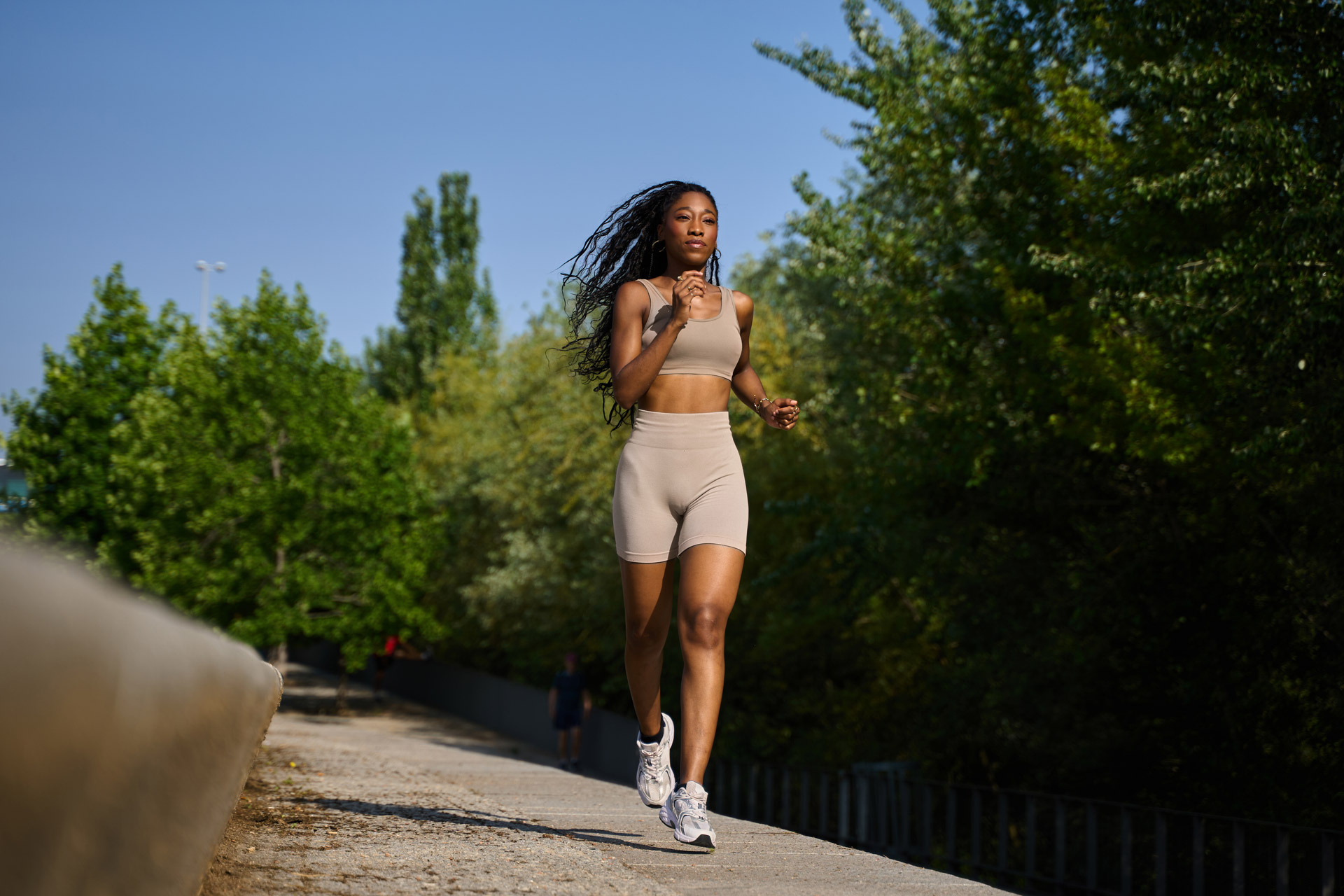
Getty Images
Diet & Exercise
‘The emerging field of epigenetics is critical in determining not just how we feel, but how we age and how we look,’ says Sonia Spring, holistic health managing director at Swiss longevity clinic Clinique La Prairie. She warns that things like chronic stress, poor diet, lack of sleep, or smoking, can activate inflammatory genes, suppress repair mechanisms and accelerate cellular ageing.
‘A diet rich in antioxidants and polyphenols may activate longevity genes (like sirtuins), supporting skin renewal and mitochondrial health,’ Spring advises. She also notes that chronic cortisol elevation from stress can suppress regenerative genes, worsening signs of ageing such as wrinkles, thinning skin, and hair loss. Exercise, she says, is a powerful countermeasure, reducing the detrimental effects of elevated cortisol and inflammation, while also promoting the process of autophagy (cellular ‘clean-up’), helping tissues regenerate more efficiently.
Functional medicine practitioner Rose Ferguson also emphasises the importance of a nutrient-rich diet for healthy ageing and radiant skin. ‘Foods rich in polyphenols and phytonutrients, like berries, leafy greens, and brightly coloured vegetables, help combat oxidative stress and support collagen production,’ she explains. ‘Plus healthy fats, like those found in avocados, nuts, and seeds, strengthen cell membranes, keeping skin hydrated and resilient.’
Supplements
As for supplements, Ferguson believes they can play a supportive role. ‘Collagen, for example, supports gut and joint health, and a healthy gut improves nutrient absorption, which in turn benefits the skin. While collagen won’t necessarily go directly to the skin, it does contribute to overall structural support, which will be reflected in a healthier complexion,’ she explains.
At Clinique La Prairie, supplements are designed to tackle the root causes of ageing and inflammation. According to Olga Donica, longevity innovation director, their formulations result not only in enhanced internal resilience but also in visible rejuvenation. ‘By addressing inflammation, a common factor in premature ageing, the formulas provide a comprehensive approach to skin health, strengthening your skin’s resilience from within,’ she shares. An example is the Holistic Health Age-Defy formula, which contains anti-inflammatory super botanicals such as hop blossoms, astragalus, ashwagandha and spirulina.
Treating Skin From Within
This ‘inside-out’ approach is also echoed in Traditional Chinese Medicine. Practitioner Ada Ooi explains that the skin is a highly responsive organ, often reflecting the body’s internal state. ‘Most adult skin concerns are rarely isolated surface issues,’ she says. ‘They’re often secondary manifestations of systemic imbalances, whether hormonal, metabolic, or linked to neuro-inflammatory stress, where the nervous system drives skin inflammation. This can trigger sensitivity, breakouts, and premature ageing.’ By treating from within, Ooi notes, we can address the root causes, optimising skin health at a cellular level rather than temporarily masking symptoms.
Sleep
For healthy skin ageing, Ooi’s recommendations include prioritising deep, restorative sleep. ‘Poor sleep means slower healing, dullness, and early fine lines,’ she says. Similarly, it’s vital to keep on top of calming the nervous system. ‘Chronic stress drives neuroinflammatory stress, resulting in redness, sensitivity and slower barrier repair.’ Ooi shares that simple habits like humming, cold water splashes on the face, slow exhalations, and gargling, help stimulate vagal activity and can make a visible difference in skin clarity and tone over time. Healthy ageing, Ooi concludes, isn’t just about targeting wrinkles, it’s about keeping the body’s repair systems active and efficient.
Ultimately, our skin reflects not just what we apply to it, but how we nourish, move, and care for ourselves each day, meaning we have the power to influence how we age, starting at a cellular level.





